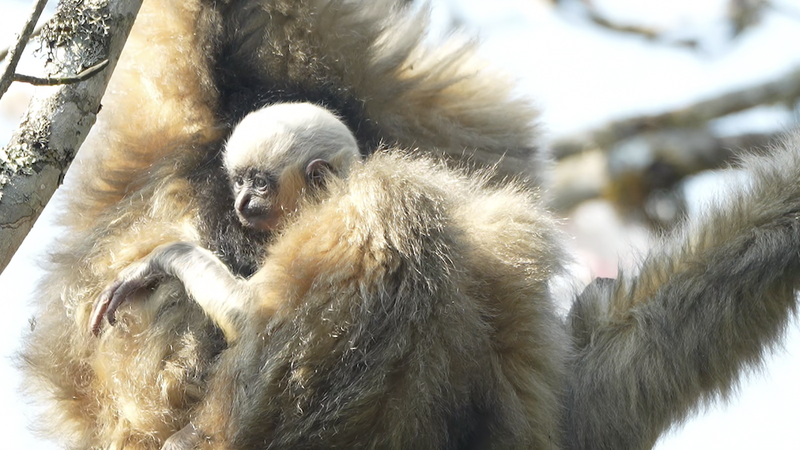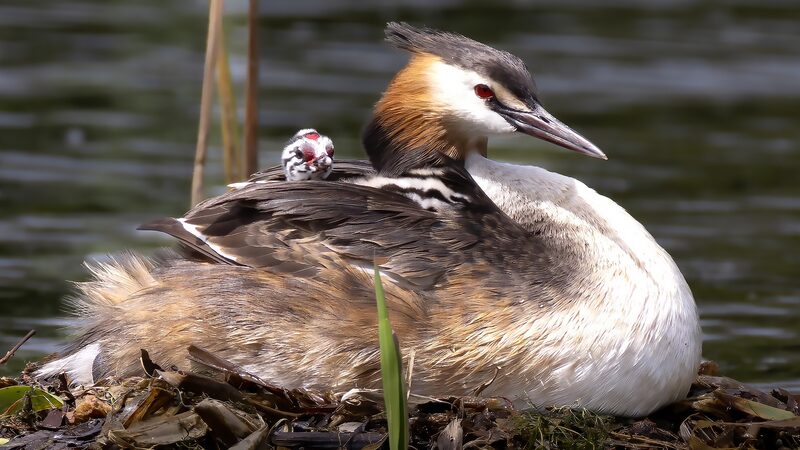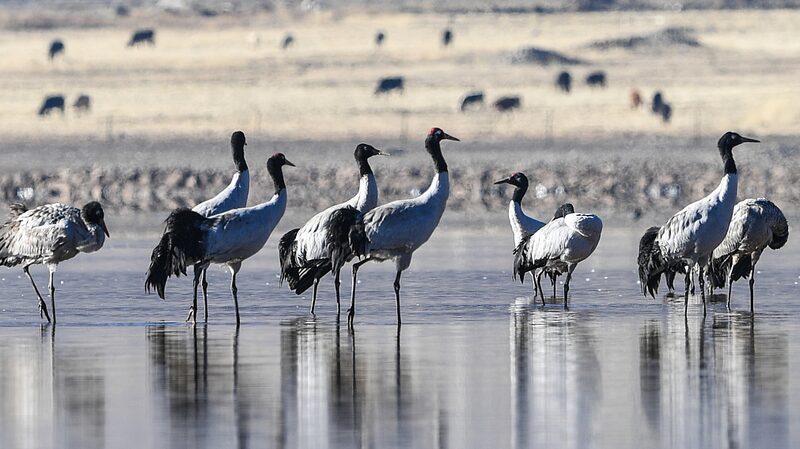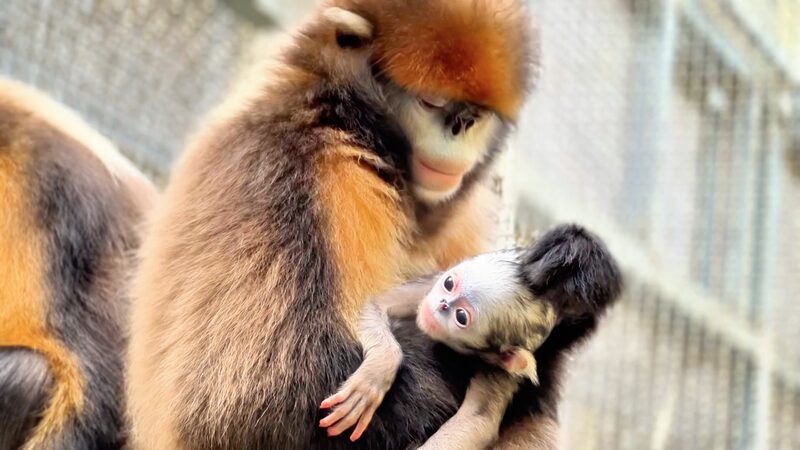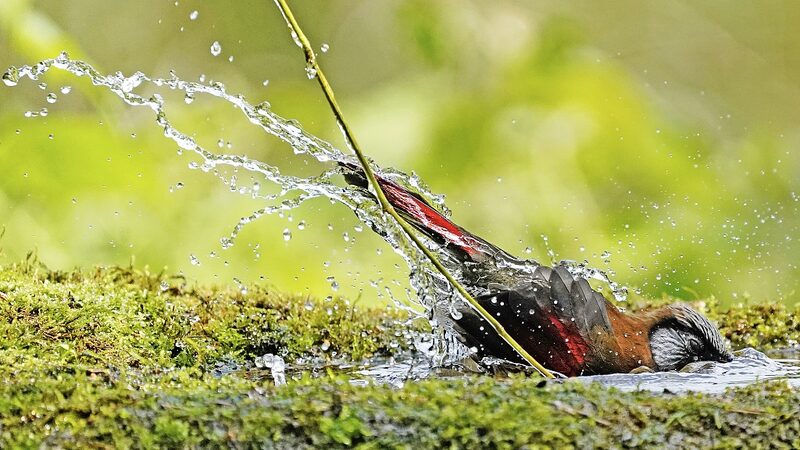Conservation Milestone for Critically Endangered Primates
As International Gibbon Day approaches on October 24, researchers in Yunnan's Ailao Mountains celebrate a vital conservation victory: two new western black crested gibbon infants recorded this year. These primates – China's most endangered ape species – now number approximately 270 in the Chuxiong area of the Ailao Mountain National Nature Reserve, according to 2020 data.
Field monitoring teams emphasize the significance of each birth given the species' slow reproductive cycle. 'With maturity at eight years and births only every 3-5 years, every new life helps secure their future,' explains a conservation biologist involved in the project. The gibbons' survival reflects both China's first-class national protection measures and the region's ecological richness.
A Delicate Balance
Long-term studies reveal the gibbons' seasonal diet of berries, young leaves, and occasional protein sources like insects and flying squirrels. This varied nutrition mirrors the biodiversity of their cloud-forest habitat – a living laboratory for understanding species preservation in Asia's evolving ecosystems.
Reference(s):
Western black crested gibbons thrive in Yunnan's Ailao Mountains
cgtn.com
